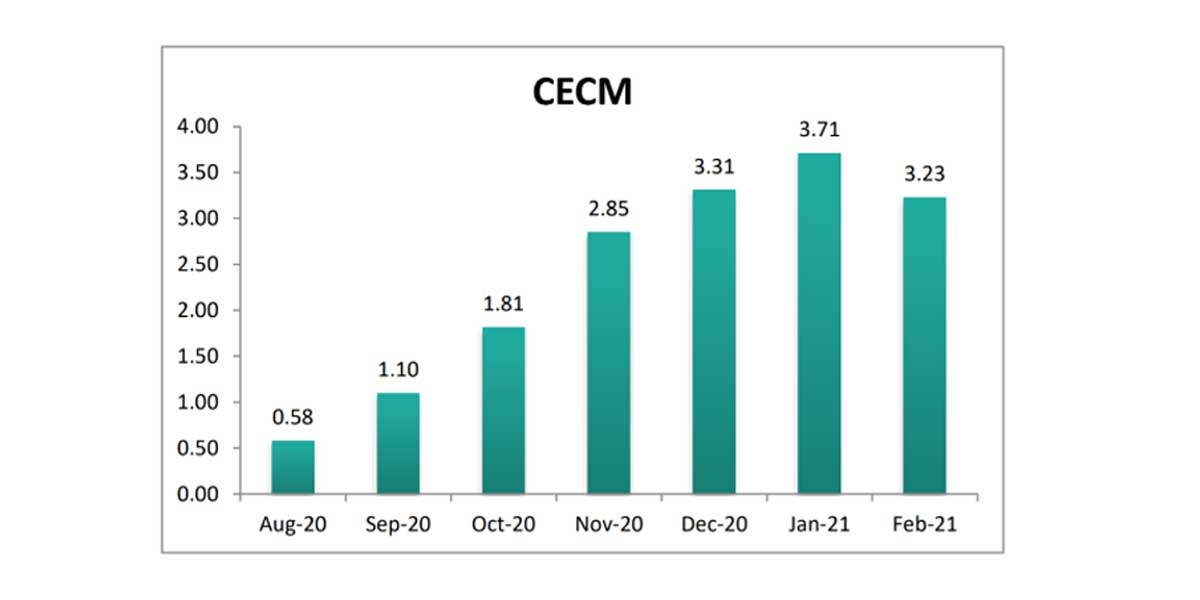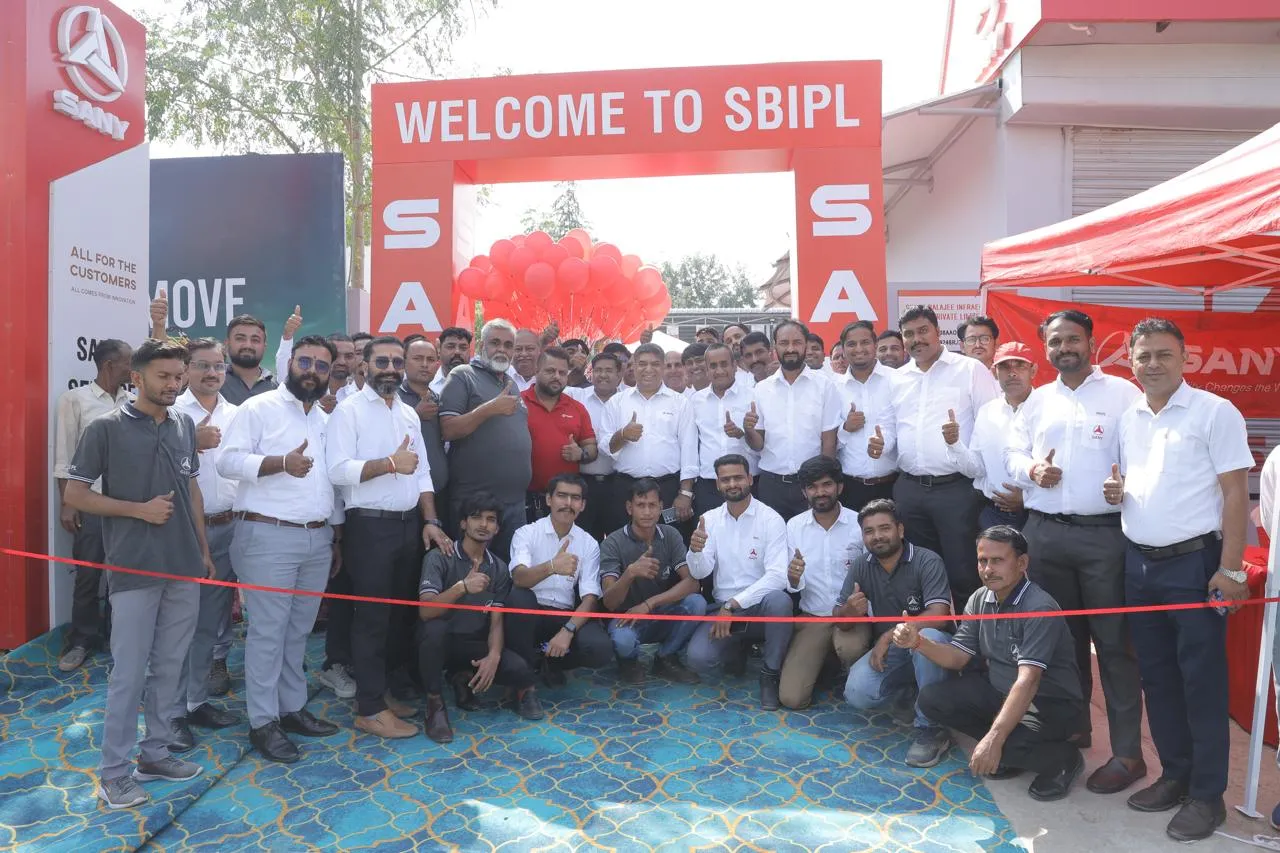

J&K Bank Reports H1 Net Profit of Rs 9.79 Bn, Q2 at Rs 4.94 Bn
J&K Bank announced a net profit of Rs 4.94 billion for the July–September quarter (Q2) of the current financial year (CFY), bringing its half-year (H1) net profit to Rs 9.78 billion, up from Rs 9.66 billion in H1 last fiscal. The results were approved by the Bank’s Board of Directors at a meeting held at its Corporate Headquarters.The Q2 performance was moderated by Rs 920 million provisioning towards its investment in Jammu and Kashmir Grameen Bank following the amalgamation of Ellaquai Dehati Bank under the “One State, One RRB” initiative. Total provisioning for H1 stands at Rs 1..

Tata Steel, Air Water India Ink 20-Year Deal for Jamshedpur ASU
Tata Steel has signed a 20-year agreement with Air Water India Private Limited (AWIPL) to operate and maintain its advanced Air Separation Unit (ASU) in Jamshedpur. The partnership aims to boost Tata Steel’s industrial gas infrastructure and improve efficiency through the use of cutting-edge cryogenic technologies. The agreement was signed between Peeyush Gupta, Vice President (TQM, GSP & SC), Tata Steel, and Kausik Mukhopadhyay, Managing Director, AWIPL. Under the contract, AWIPL will manage operations of the ASU, which can produce 1,800 tonnes of oxygen per day, along with nitrogen, argon..

PM Modi Inaugurates and Lays Foundation for Projects in Andhra Pradesh
Prime Minister Narendra Modi inaugurated and laid the foundation stones for multiple projects worth Rs 134.3 billion in Andhra Pradesh. The initiatives span key sectors including infrastructure, energy, and urban development, aimed at boosting regional growth and job creation.In Visakhapatnam, the Prime Minister dedicated several completed infrastructure projects to the nation, while in Nandyal and West Godavari, he laid foundations for renewable energy and water resource developments. These projects align with the government’s focus on improving connectivity, expanding industrial potential,..
















